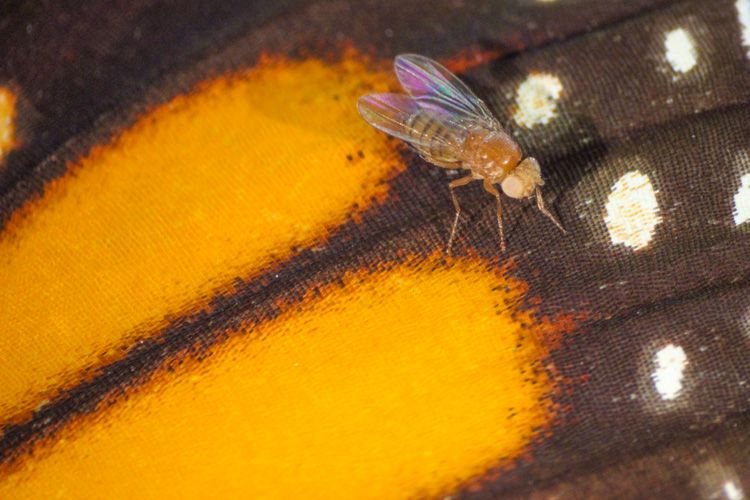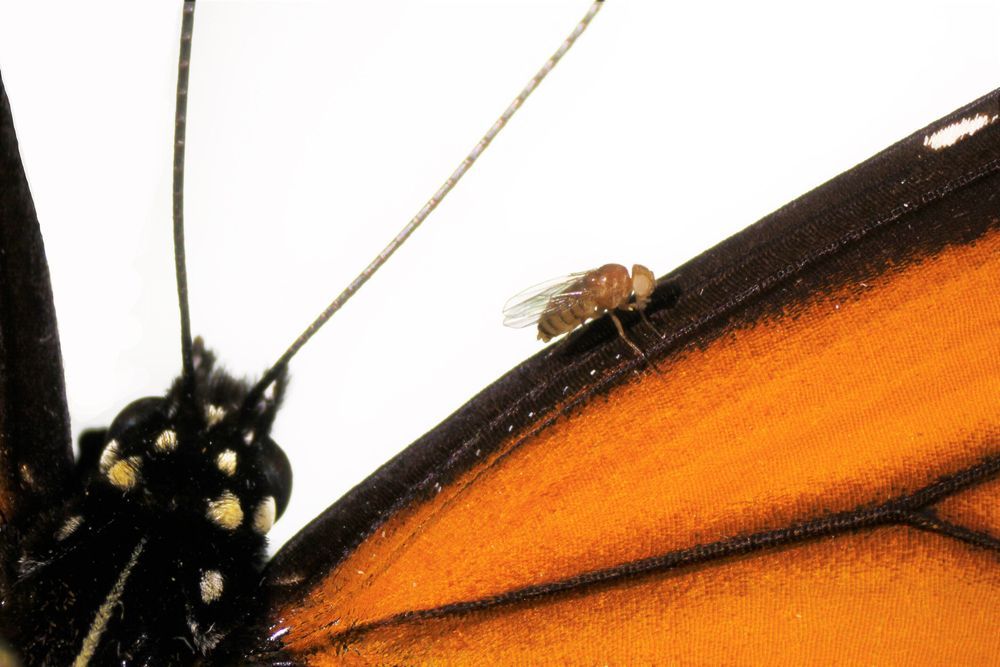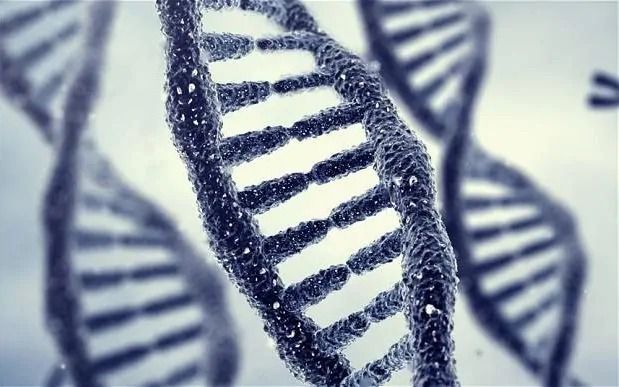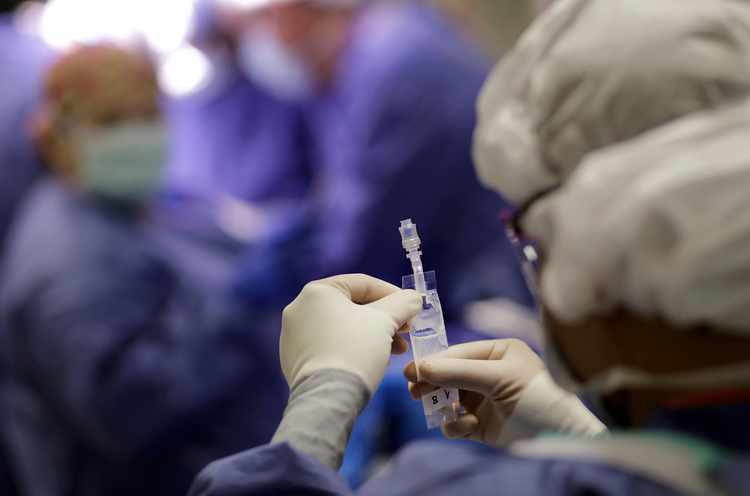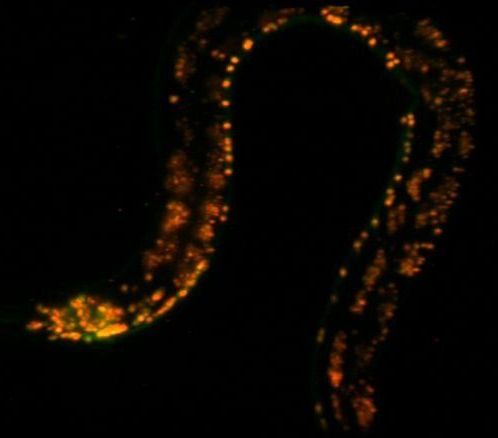One of the most astonishing revelations might be that information equals reality. In other words, the basis for our material reality is actually immaterial information. Pattern and flow of information is what defines our experiential reality.
Everything boils down to the binary code of Nature. This is a basic tenet of Digital Physics which is the science of information. Nature computes. Deep down we are information technology. We run on genetic, neural and societal codes. Our DNA-based biology is clearly code-theoretic. We are alphabetic all the way down. We communicate intersubjectively mind-to-mind via language-structured exchange of information.
A recent study shows that human speech is transmitted at about 39 bits a sec. Idealist philosopher Terence McKenna used to say that “The world is made of language and if you know the words the world is made of you can make of it whatever you wish.”

